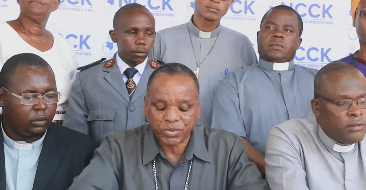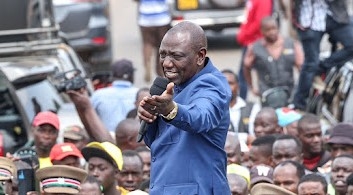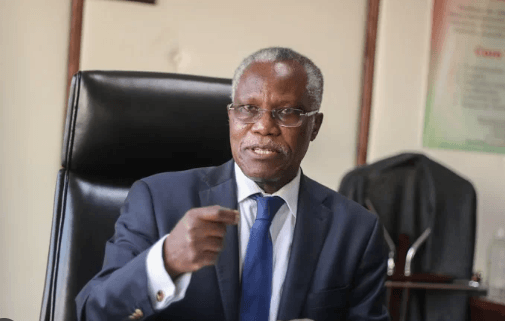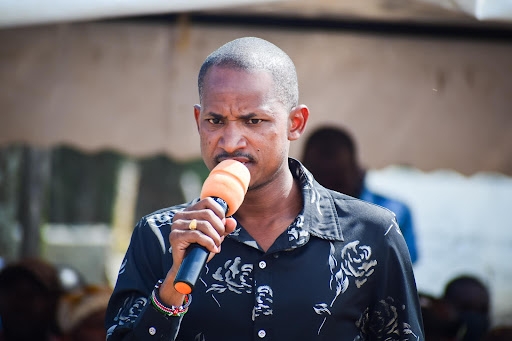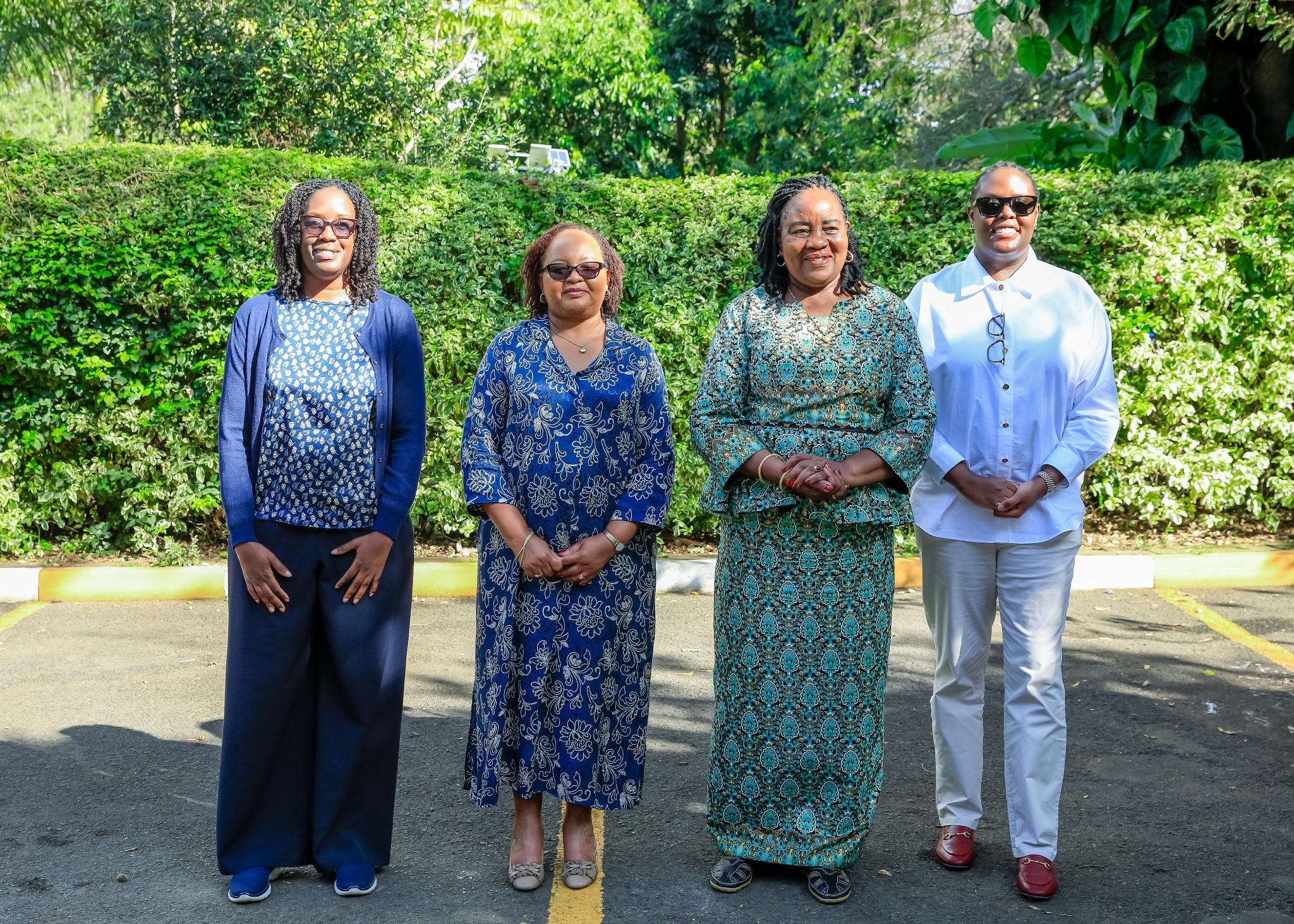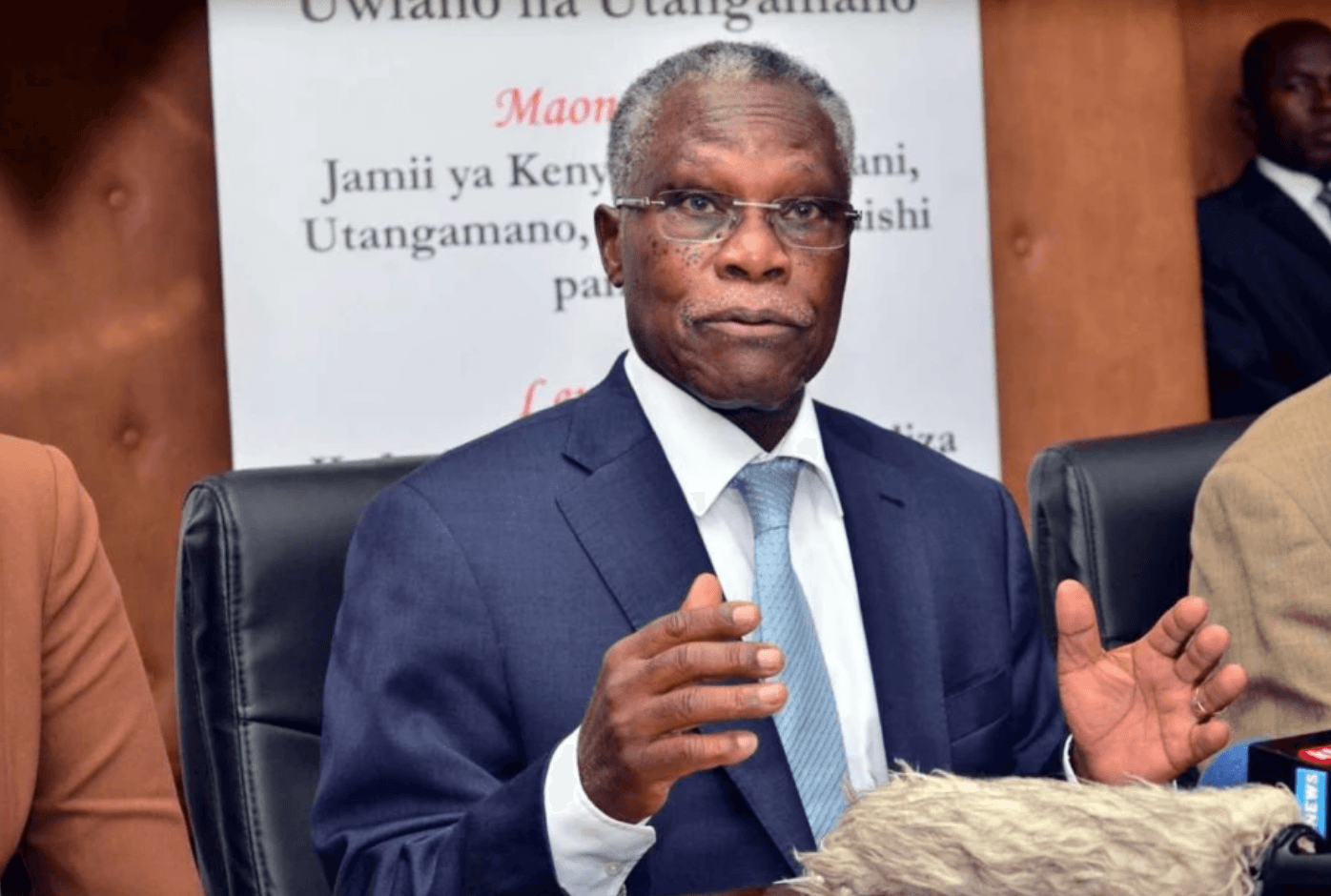
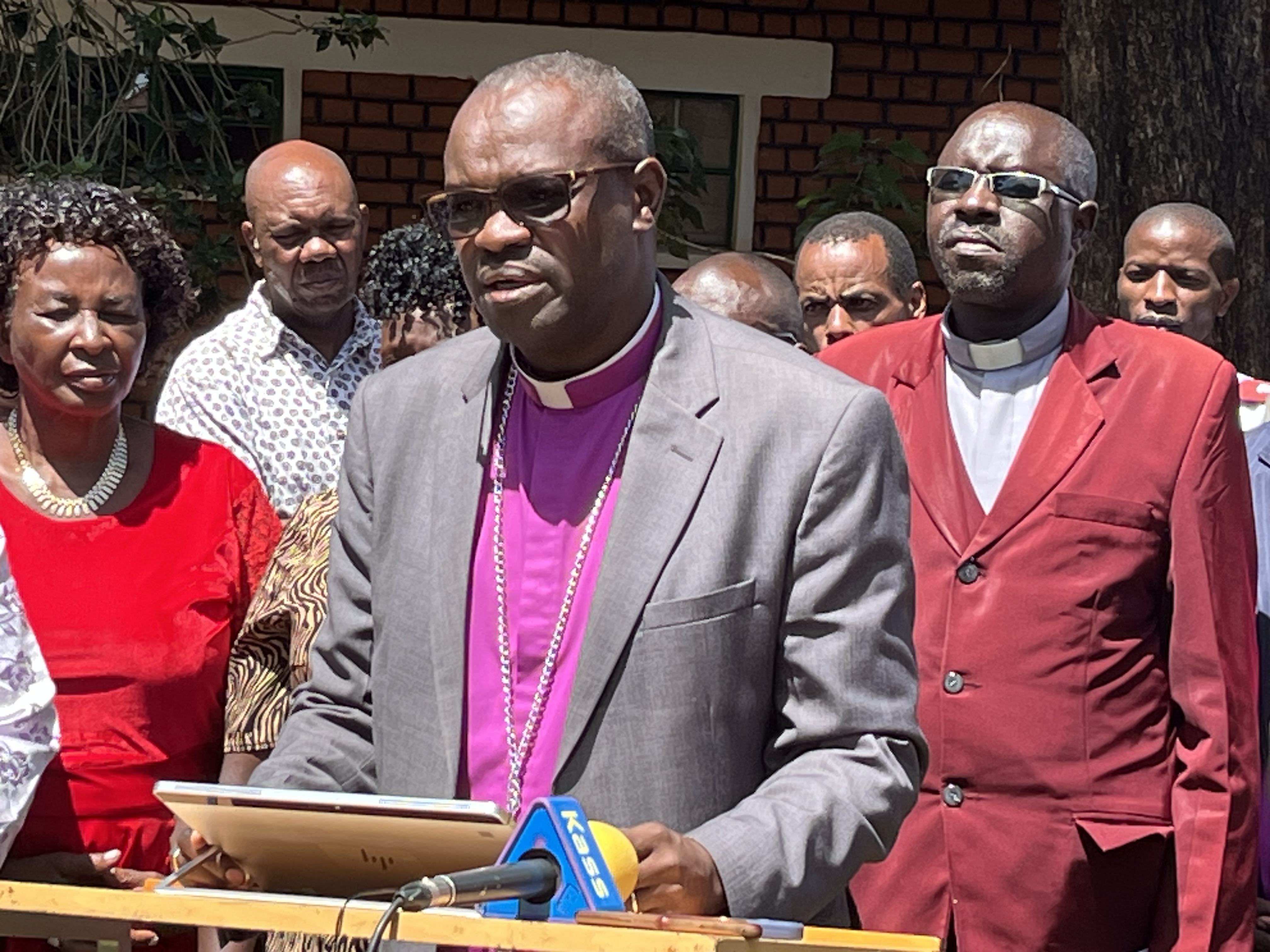
Bishop Dr Emmanuel Chemengich, chairman of the NCCK North Rift Region, said the clergy were deeply concerned about the careless and divisive utterances being made by political leaders along tribal and regional lines.
He said early campaigns, coming two years before the 2027 elections, threaten to distract the nation from addressing urgent issues affecting Kenyans.
“We have noted with concern that politicians across the board have embarked on intensive early campaigns even though the 2027 elections are still two years away,” Bishop Chemengich said in a statement read on behalf of the church leaders.
The NCCK warned that hate speech, insults and incitement being spread in public rallies, funerals, on social media and even in churches were damaging national cohesion and threatening the country’s peace.
“We demand an immediate stop to these divisive campaigns and incitements,” the statement read.
The clergy urged key institutions including the National Cohesion and Integration Commission, the Kenya National Commission on Human Rights, the Ombudsman, security agencies, the Office of the Director of Public Prosecutions, and the Judiciary, to take swift legal action against politicians and their supporters who engage in hate speech or incitement.
“Action should also be taken against any person who hires goons to engage in violence. We remind all inciters and their supporters that their time for reckoning is coming,” Bishop Chemengich added.
The church leaders also called on the government to rekindle hope among Kenyans grappling with economic and social hardships.
“We are deeply concerned about the rising rate of unemployment that has driven many residents in our counties into a sense of hopelessness. Unemployment is increasing in a context where the traditional alternative of running small and medium businesses is facing many challenges due to unfavourable policies and diminishing expendable incomes,” the statement read.
Bishop Chemengich warned that worsening poverty was pushing many young people into crime or making them vulnerable to manipulation by politicians who use them to perpetrate violence.
“If this malady is not resolved, we will be at risk of experiencing violence before, during and after the coming general elections,” he warned.
To help revive the economy, the NCCK urged the government to review its tax policies, arguing that high direct and indirect taxes were suffocating businesses, eroding livelihoods and consuming over half of workers’ salaries.
They further called for measures to stem the exodus of manufacturers and large businesses from the country, promote value addition in agriculture and extractives, and create a favorable environment for both local and foreign investors.
The clergy also emphasised the urgent need to root out corruption, which they said was making honest work nearly impossible.
“The government should partner with other stakeholders to provide skills training and mentorship for the youth to enable them to have dignified livelihoods. Let us all endeavor to build a nation that gives every Kenyan an opportunity to work and earn just incomes,” statement added.
Bishop Chemengich reaffirmed the NCCK’s long-standing position that politics must be kept away from the pulpit. He urged clergy to adhere to guidelines issued by the Council’s Executive Committee on ministering to politicians, emphasising that all leaders attending worship services should be treated like any other congregant.
He added that monetary and material contributions should be received as offerings without publicity or fanfare and reiterated that politicians should not address congregants inside churches but may speak to worshippers outside after services.
“The church should remain objective and non-partisan and avoid endorsing or opposing any political leader or party,” Bishop Chemengich said.
INSTANT ANALYSIS
The NCCK’s warning underscores growing anxiety over Kenya’s increasingly heated political climate, two years ahead of the 2027 elections. By condemning incitement and early campaigns, the clergy signal fear that the country could slip back into ethnic divisions and election-related violence. Their call for state agencies to act against hate speech reflects frustration with perceived inaction by regulators. Equally telling is their focus on economic hardship and youth unemployment—issues that often fuel unrest. The church’s insistence on keeping politics out of the pulpit reaffirms its bid to reclaim moral authority and safeguard national unity amid mounting political tension.


